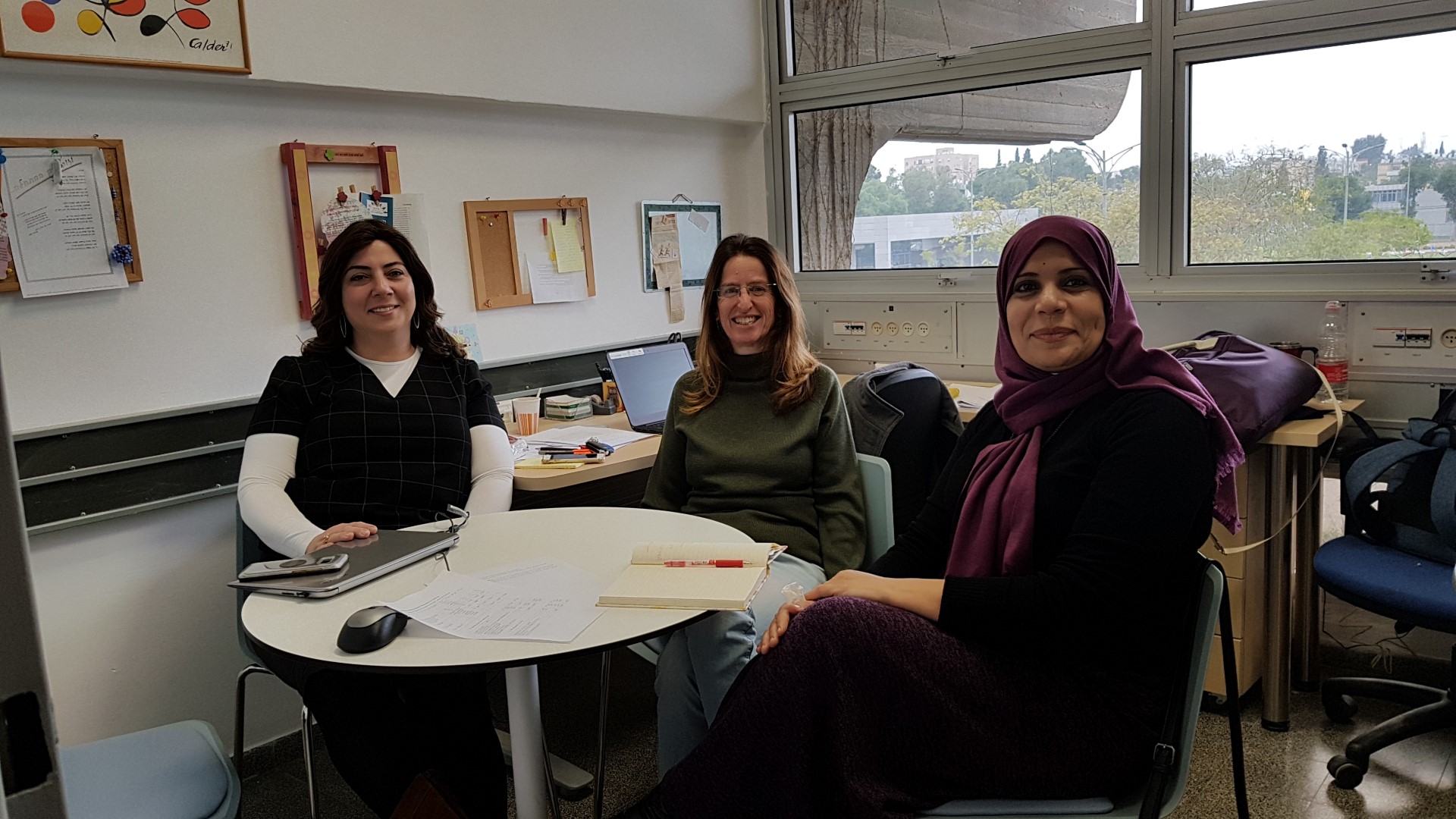Not all Israeli populations respond to the general media and social media, especially during health crises as now during the Corona Crisis.
In April, three researchers formed a multi-disciplinary and multi-cultural team to determine who should present the public with the Health Ministry COVID-19 directives, how and when they should be conveyed and who should be targeted. The team focused their research specifically on the Haredi and Arab communities in Israel. Their research was part of the BGU Coronavirus Task Force, initiated by BGU President Prof. Daniel Chamovitz, to harness the ingenuity of the faculty and the resources of the University to tackle the myriad challenges of the current COVID19 pandemic.

the researchers L-R: Dr. Tehila Kalagy, Prof. Orna Braun-Lewensohn, Dr. Sarah Abu-Kaf,
The researchers Dr. Tehila Kalagy of the Department of Public Policy and Administration in the Guilford Glazer Faculty of Business and Management, Dr. Sarah Abu-Kaf and Prof. Orna Braun-Lewensohn, all three of the Conflict Management and Resolution Program in the Faculty of Humanities and Social Sciences, set out to examine and produce the most effective culturally-adapted methods of public service announcements that would induce the maximal response of adherence from the targeted populations. After surveying representative samples of the Haredi and Arab societies, the researchers presented their findings as policy recommendations to Home Front Command and to the Ministry of Public Security. Implementation of their recommendations began taking place at once around the country.

In the Haredi society, eminent rabbis top the list of most trustworthy, followed by expert doctors. Local mayors garner the least respect, and thus the least adherence, during this current crisis. Therefore, the researchers say, these eminent rabbis or their emissaries together with expert doctors should be the ones conveying the Health Ministry restrictions and instructions.
Dr. Kalagy clarifies: “The most effective method of conveying the directives is distinctly old school: people in cars with megaphones driving slowly through Haredi neighborhoods explaining the directives, often in Yiddish. The best time to do so? Saturday night."
The messaging should target Haredi women who are the ones who bring back news from beyond the community from their jobs outside the home. They are more likely to already be receptive to the restrictions and are responsible for the younger and older generations as well.
In the Arab communities, expert doctors and family doctors top the list of most trustworthy. Local municipal officials are also least trusted or heeded.
Messaging in Arabic on the radio and television would be more effective than social networks or the internet, the researchers explain. The best time to do so? Saturdays.
Similarly, messaging should target women in the Arab communities who are already more responsive and are responsible for the younger and older generations.
“Both communities are collectivist in nature, therefore messaging should stress that adhering to Health Ministry directives protects the elders and the whole community," the researchers say.
